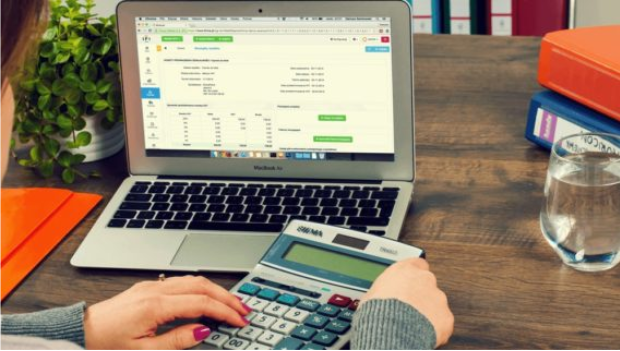If you have a business you need an accounting software to record your income and expenses. Ideally, this is the first piece of software you should purchase when you start the business. However, one business owner gets one only when they need to pay taxes or apply for loans.
So, how to choose the best accounting software for your business. This can get confusing as there are plenty of products available on the market today. I am trying to make your job easy by providing you with some important factors for selecting the best accounting software.
Important factors for selecting the best accounting software.
1. Online or offline:-
First question to ask yourself is – whether I want an online software of a desktop based offline software?
Most businesses nowadays are adopting cloud-based software as they offer a lot of advantages over traditional offline software.
However some businesses like retail store require speed and not always connected to the internet, for them, offline POS (point of scale) systems are the best.
2. Data security:-
Skip this point if you opted for an offline accounting package. If you are thinking forward and considering an online accounting application, the data security is the most impotant aspect to check.
Essential things to check:-
Ask the company how they store the application data. In most cases, the information will be available on their website. Some of the trusted cloud hosting providers are Amazon and Rackspace. If your accounting software provider is hosting the application on their own servers, ask them about the security measures they are taking to safeguard your data.
3. Features:-
- Make a list of essential feature that you absolutely need in an accounting software. Here are some features which must be part of a good accounting package.
- Create invoices and customize the look and feel.
- Track expenses according to catogiries.
- Perform bank reconciliation by importing bank transactions.
- Create purchase orders (PO) and record inventry purchases.
- Create and manage taxes.
- Record journal voucher entries.
- Manage a list of customers and vendors.
- View account payables and receivables.
- View the balance sheet, profit loss statement and trail balance reports.
- Good to have features.
- Support for multi currency transactions.
- Categorise transactions according to projects.
- Access control for every team member.
- Option to manage employs and process payroll.
4. User interface and complexity:-
Most of the business owners do not have any accounting background. Even if you have owners don’t who would be using the application, as an owner you should be able to login and browse the things. Also, it should be easy enough for your emplys to learn the software. Investment in training is a cost and should be avoided.
If the software is stuffed with every possible feature you can imagine to use simple accounting software. So go for a software which has a simple user interface makes it easy to focus on the important tasks and can reduce the learning curve.
5. Scalability:-
Lot of businesses make a mistake by buying an application which suits their needs at the time of purchase. Later when their business starts to grow the accounting software failed to copup with the progress and eventually, business owners have to migrate to another software. Migrating data from an existing system to a completely new software can be painful.


